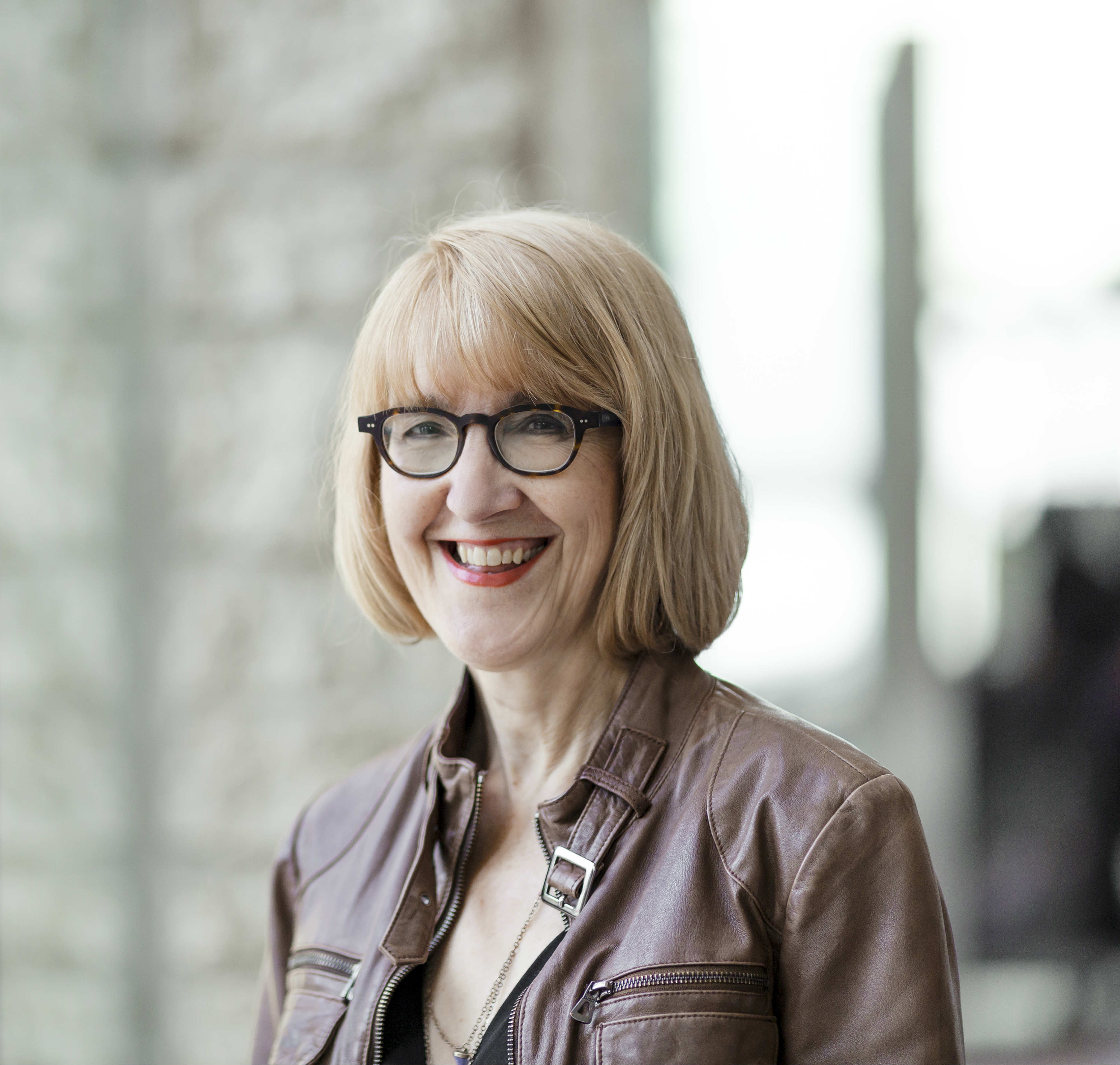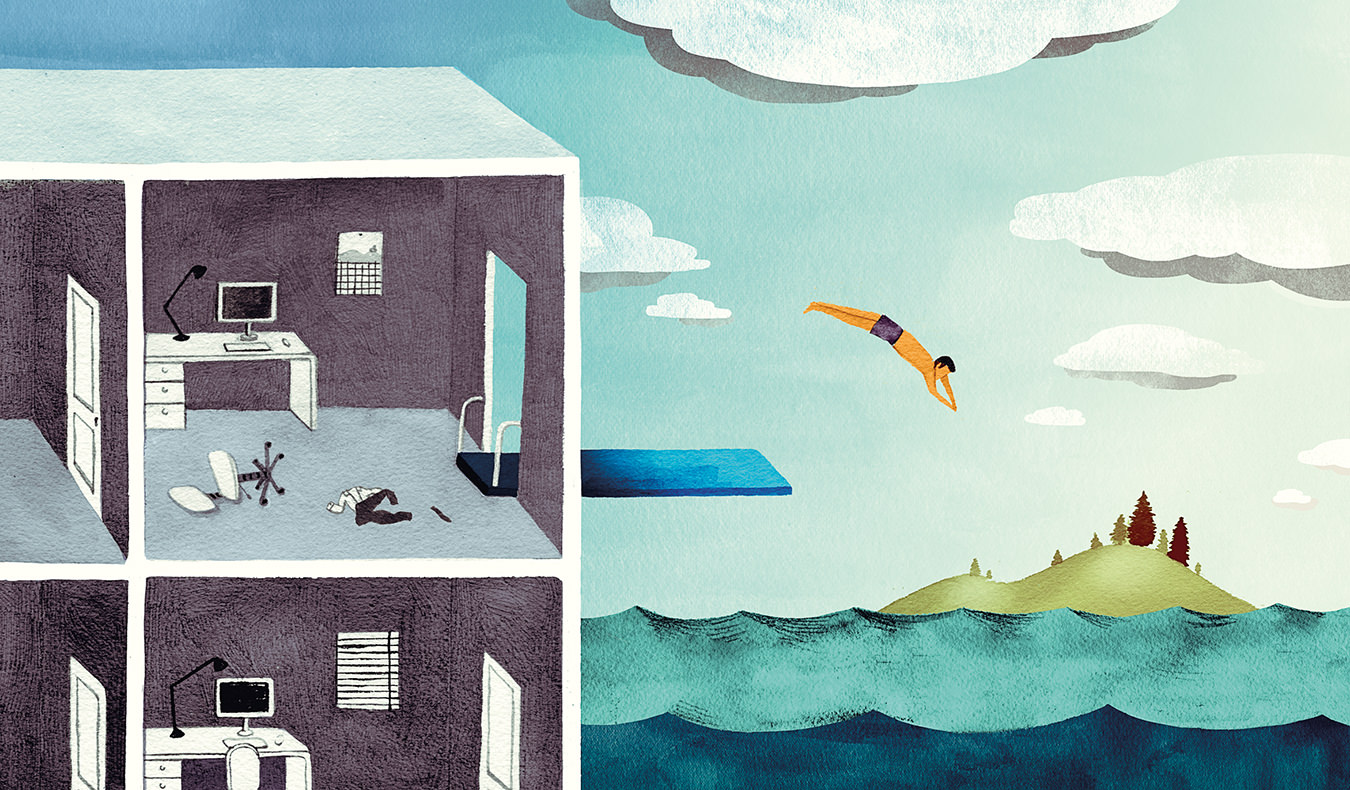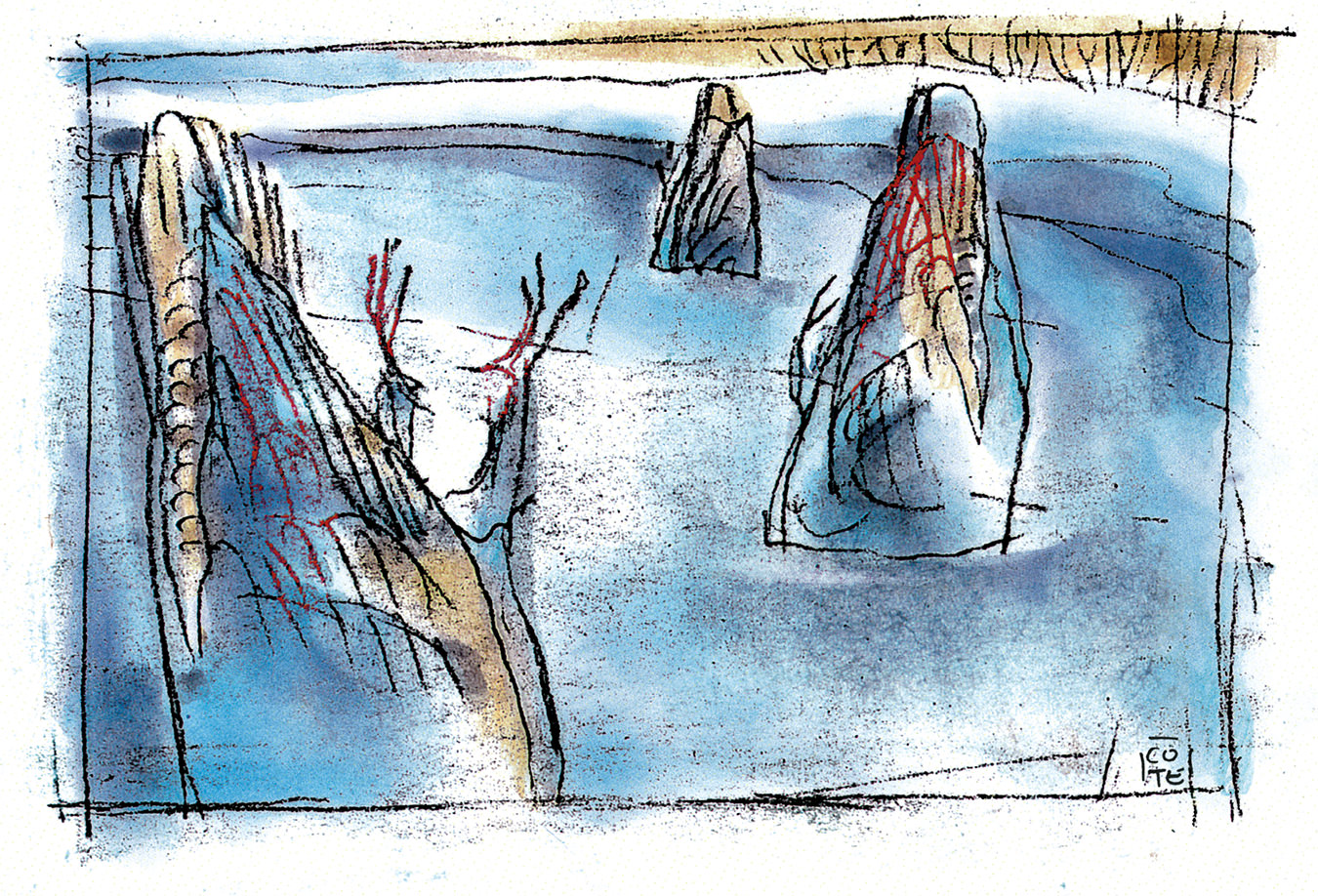Pierrette Requier
Edmonton’s first bilingual franco-canadienne poet laureate.

In NUVO’s poet laureate series, we speak with current poets holding the title as of 2016 for Victoria, Calgary, Edmonton, Charlottetown, Halifax, the Yukon, and Canada’s parliamentary poet laureate. Below, words from Edmonton’s Pierrette Requier.
What does being a poet laureate mean to you?
I felt an immense joy to be walking in the footsteps of some of my long-time poetry friends. The week following my appointment, it was as if a powerful lens had opened before my eyes, inviting me deeper into the heart of the burgeoning cultural life of my city and the people who live in it. It has meant consolidating 40 years of writing, collaborating and liaising experiences at all levels of Edmonton’s artistic scene and always remaining open to further learning as I reach out to people in many different areas of the city, in many different walks of life, and listening to people who desire to write or show their work.
Why do you feel it is important for Canada to bestow such a title?
In bestowing such a title to poets across Canada, this country says loud and clear that it is important to actively engage its citizens in culture-making by inviting and welcoming the emergence of writing. As well, this very democratic initiative honours and encourages writers from every corner of Canada to bring to the role a diversity of styles, expressions, and languages.
As one among many fellow poets laureate, the fact that I am able to play a role in sustaining the arts defines my identity as a Canadian living in a cultural mosaic. As the laureates work with the voice of the people, our collective identity shifts. In this country we are free to write, to create, to express our views and beliefs—that is not the case everywhere on the planet.
What have you been a part of since holding the title?
During the first year of my mandate, I responded to approximately 100 invitations (including my own initiatives) for readings, workshops, interviews, writing commissions for the city, talks about the writing life, how I moved from writing poetry in English, to translating my own poems in French, to writing a full-length play in French. I enjoyed each engagement.
A highlight was making friends with bright young Marion Trigodet who had recently arrived in Canada from Brittany, France to work as a teaching assistant at the Faculty of Modern Languages at the University of Lethbridge. In a time crunch we prepared and presented to undergraduate classes a dramatic reading of a bilingual excerpt I had adapted from my play Les Blues des oubliées. Marion was stunned to learn that, scattered all across Canada, there are pockets of French-speaking folk who have intentionally cultivated and maintained their mother tongue. She returned to France with a new perspective on the arts in Canada.
What kind of poetry do you tend to write?
Raised (fourth out of 11 children) in a northern-Alberta francophone village, I grew up a child of la grande prairie canadienne. My life’s professional work and eventual creative life have grown out of a vast sense of spaciousness and of having learned two languages at once. I am always aware that there are many other languages spoken in Canada and I encourage writers to also write from the language of their heart.
My words come to me auditorily and often as I walk or do household tasks. My poetic style could, in part, be qualified as lyric, in part as experimental and plurilingual. It is adaptable to oral presentations. My style is in constant evolution as, always, I remain open to what will present itself, to the next project.
Can you speak a bit about your next project?
My collection of prose poems Details From the Edge of the Village, part of a quartet of poems, was published by Frontenac House in Calgary. As a writing exercise, I translated 25 of these poems into French and performed them in public and in classes. Seven of these pieces were part of the Storm/orage show in which my work appeared bilingually alongside six paintings by landscape painter Ian Sheldon for The Works Art and Design Festival of Alberta. Ian and I are meeting shortly to discuss a new collaboration which as of yet remains a secret!
An excerpt from “Sketches of a Return”
The return opens its arms at sunset
in a water colour wash of blue under a wash of
pink spilling into a sky full of mauve,
in the slowness of the sun’s long arc sinking
and what goes on under pond
surfaces hinting at the coming of spring,
At long summer nights.
There is something always too big here.
A long low cloud breaks the dread of flatness,
open to all of heaven.
Ponds hold pieces of sky.
The horizon will not give comfort.
Snow pulls the prairie open even more
spreads it out à perte de vue.
Thin trees write this place—
Souches simples et affilées au couteau du vent.
(Written in a truck on a 10-hour road trip North. Originally published in Writing the Land, Alberta Through Its Poets edited by Dymphny Dronyk & Angela Kublik.)
To meet other poets laureate, click here.




